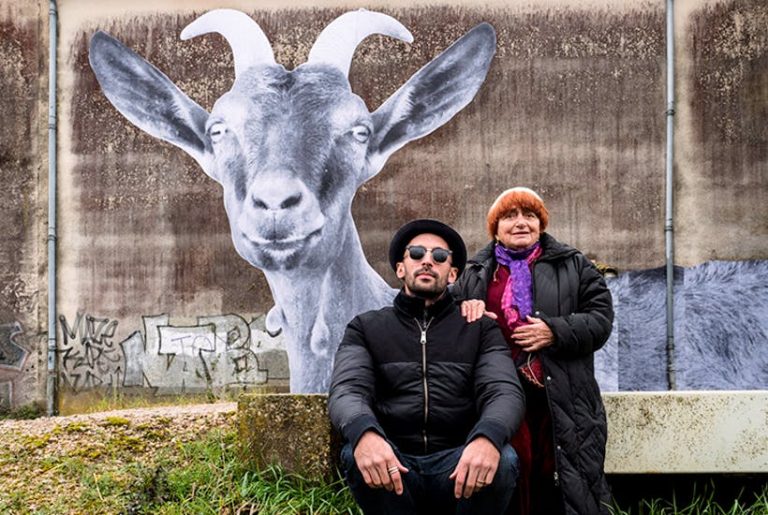6. Faces Places
Director: Agnes Varda
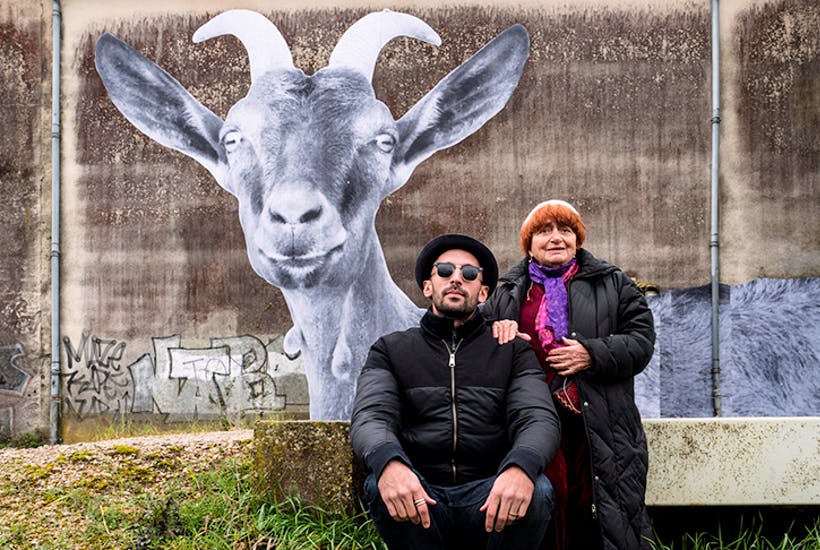
Look, if cinema simply consisted of friends JR and Agnes Varda travelling around Europe putting giant pictures on buildings and talking about life and the past and goats, well, we’d be really lucky and fortunate. As it is, cinema isn’t that, which is a bit of a shame, but at least we have Faces Places to warm out hearts a little.
Agnes Varda is one of the most vibrant, beautiful, sweet, joyous people you could ever expect to spend ninety minutes with. So much so, that come the end of the film, you can’t help but reach for the pen and paper to write Jean-Luc Godard a stern letter for being a dick to Agnes Varda. In my review of Hearts Beat Loud, I mention how that film is like chicken soup for the soul, and sure, it is, but Faces Places is a warm bath, a grandmother’s hug, and a kiss on the forehead. It’s simply beautiful stuff.
5. [censored]
Director: Sari Braithwaite
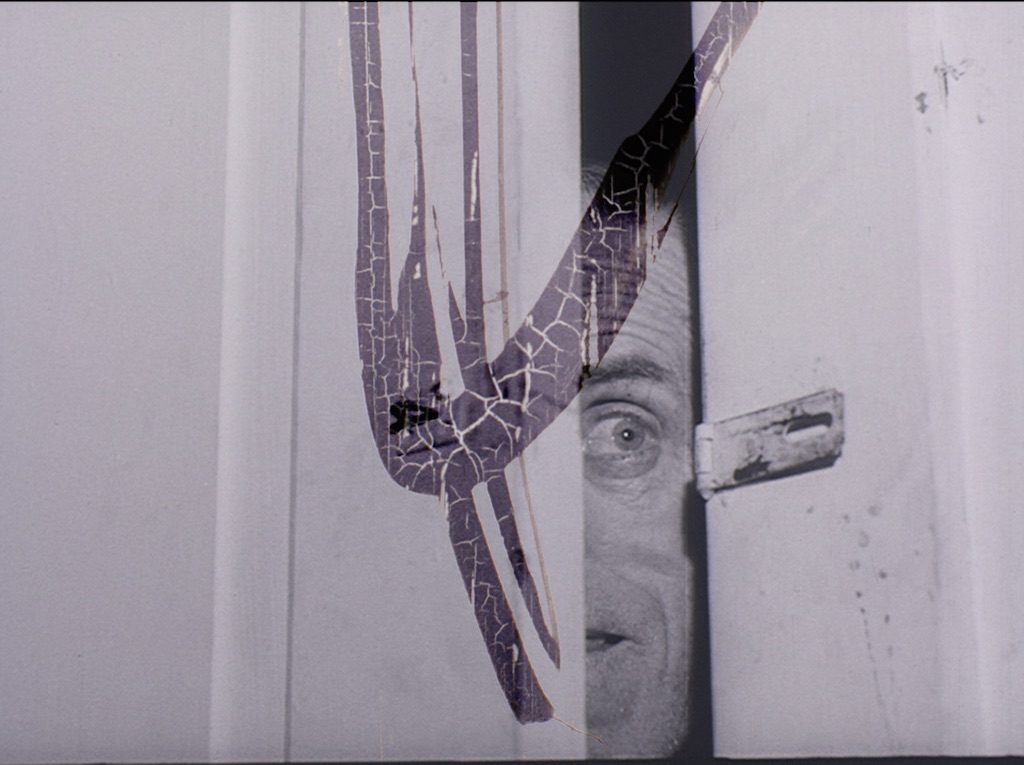
Sari Braithwaite’s [censored] is a cinematic essay about the act of censorship, and what it means to remove footage from a film. Braithwaite focuses on the section of the Australian film archive that has almost 2,000 clips of footage cut from films between 1958 and 1971, and presents the footage with the guiding question of ‘why was this footage cut?’ By focusing on what is omitted, we – the viewer – are forced to reckon with the footage, all the while leaving us asking, what about the footage that remains?
I hadn’t intended to have three documentaries about cinema on this list – after all, the joy of documentaries is the way it can explore all manner of subjects – but Jill Bilcock: Dancing the Invisible, Shirkers and [censored] all tell a uniting story. The story of the power of cinema, with its ability to inform, entertain, educate, and guide viewers into behaving or reacting a certain way. In this regard, [censored] is a film that is focused on the hands that try to guide cinema (the censor), and in turn, it interrogates the role of someone who intends to shape culture.
Director: Catherine Scott
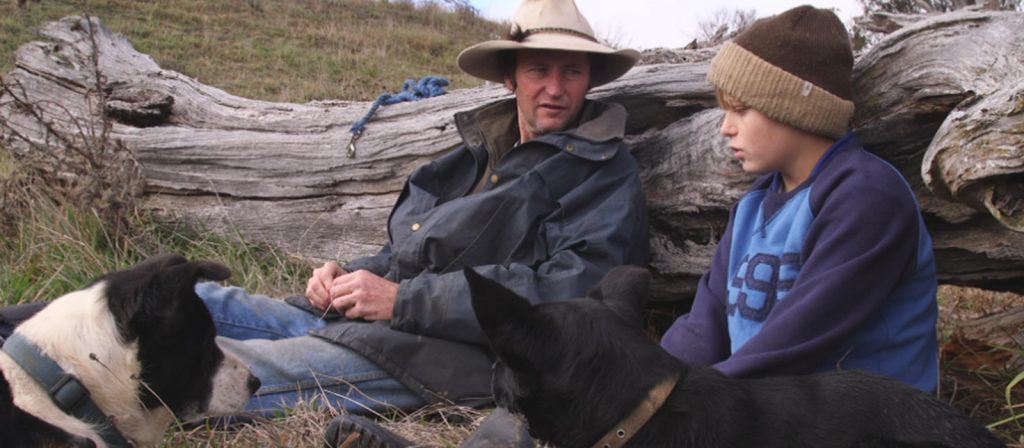
I adore this film. As I mentioned in my review, I was crying within the first few minutes and didn’t stop until the end. But, Backtrack Boys is not a sad film. Quite the opposite. It’s a film about jackaroo Bernie Shakeshaft and the youth program that he runs to help wayward kids get back on track. He does this with the help of his working dogs.
Catherine Scott’s film is a truly joyous film, and one that shows the efforts of the many out there who (like Fred Rogers) are trying to make the lives of kids in the world just that little bit easier. Bernie is a genuine character who recognises the value of having a guiding hand for these young rural based kids, and when the kids succeed, you see the joy he has for them, but when they fail, it hits him hard. Just like Won’t You Be My Neighbor? and Fred Rogers, I’m grateful for the fact that Backtrack Boys shows that there are people like Bernie Shakeshaft in the world.
Director: Bernadett Tuza-Ritter
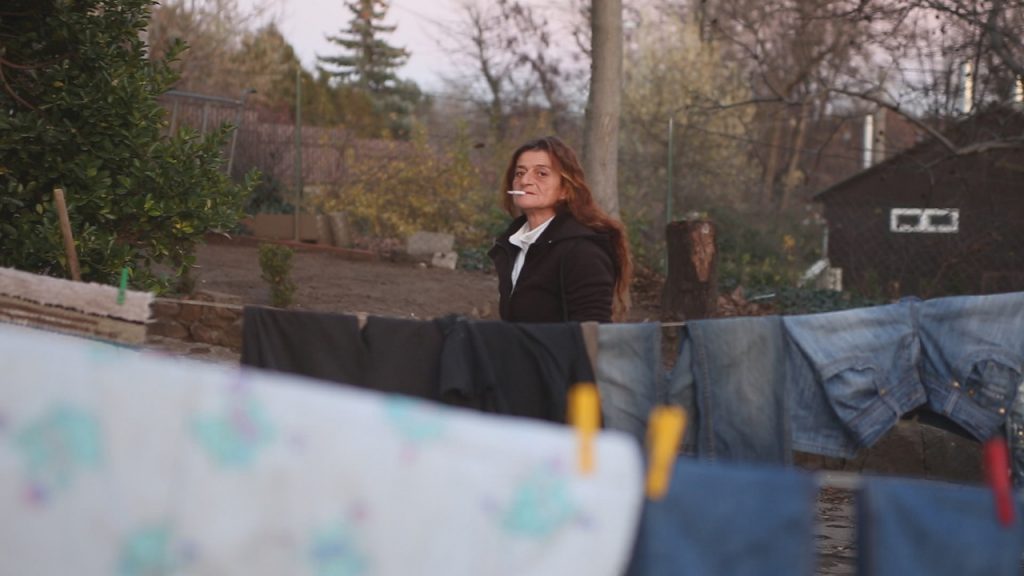
No film left me more conflicted and upset in 2018 than A Woman Captured. At first, I felt I was complicit with the domestic slavery that the ‘captured woman’ – Edith – is subjected to, with the director, Bernadett Tuza-Ritter paying the person who keeps Edith captive for the privilege to film Edith as she ‘works’ in her domestic prison. But, gradually, as the film unfurls, we see that it’s necessary to expose the devastating aspect of domestic slavery around the world.
A Woman Captured is not an easy sit. It’s uncomfortable, and disturbing, and exceptionally unsettling. It’s also a film that looks at the role of the filmmaker and questions their relationship with the subject. Free Solo also grappled with the notion of what does ‘the subject’ mean to a filmmaker. With that film, the filmmakers realise that they could possibly be working on a snuff film. With A Woman Captured, we realise that without Bernadett, Edith would never be free at the end.
2. The Cleaners
Directors: Hans Block, Moritz Riesewick
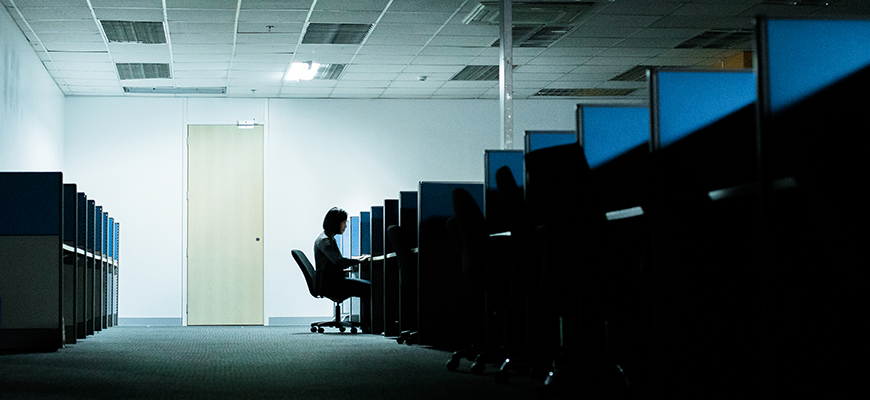


Facebook has had a pretty average year – as it should. Remember how way back at the beginning of 2018 the Cambridge Analytica scandal hit? Yeah, that was this year. While The Cleaners isn’t about the Cambridge Analytica scandal, it does raise a question about the role of social media in todays society, and in turn, it asks about the role that services like Facebook, YouTube, and Google, play in this world when it comes to contentious material.
The Cleaners looks at the outsourced workers who ‘cleanse’ the internet of images and material that violates the ‘terms and conditions’ of the platform. Whether that be a painting of a naked Donald Trump, or victims who have been decapitated, all these images are purged from the internet. The Cleaners touches on this, and a heck of a lot more, in a deep dive into the frightening reach of the internet and how insidious it has becomes in our lives. While not all questions are answered, they at least ring loud in our minds.
Director: Gabrielle Brady
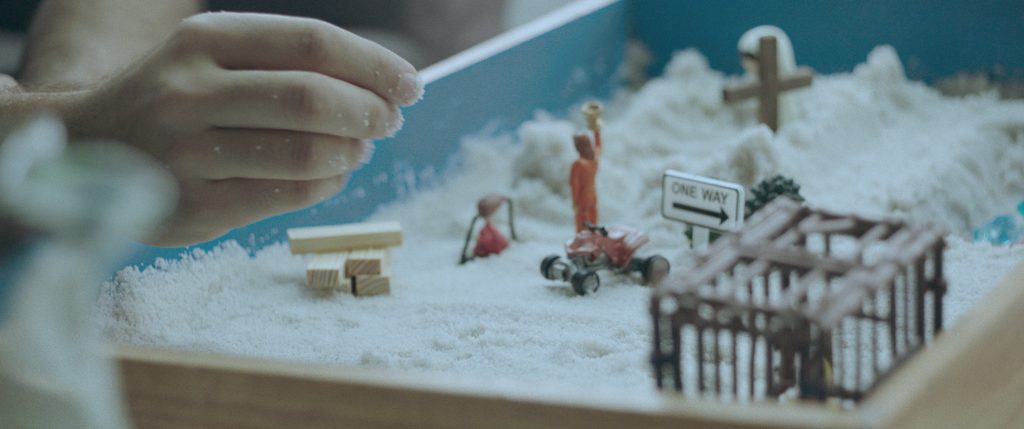


Island of the Hungry Ghosts is a lyrical film about a scar that remains open in the realm of Australian history. Gabrielle Brady takes us to a remote island in the middle of nowhere called Christmas Island. Her camera follows three different worlds running in harmony in this unique world. The people who call the island home, the red crabs that also call the island home, as well as Poh Lin Lee, a trauma counsellor who lives on the island with her family to help the asylum seekers who are awaiting processing on the camp that has been established there.
Island of the Hungry Ghosts doesn’t aim to infuriate or to antagonise you, but it’s hard not to leave the film feeling furious. Gabrielle Brady is a lot like Poh Lin Lee, patient, calm, and measured, always capturing the situation as it happens without alarm. In a year full of great documentaries, this is the finest one of the year.
As I look back on this list, I see the work of many great women directors. This is not by design that I’ve chosen these films, but by mere happenstance. I’ve long found that the documentary genre is a field where women directors have flourished, and the output in 2018 is a testament to the work of many great directors.
So that’s it! The best documentaries of 2018. Let me know below what you enjoyed from the world of documentary cinema below.

